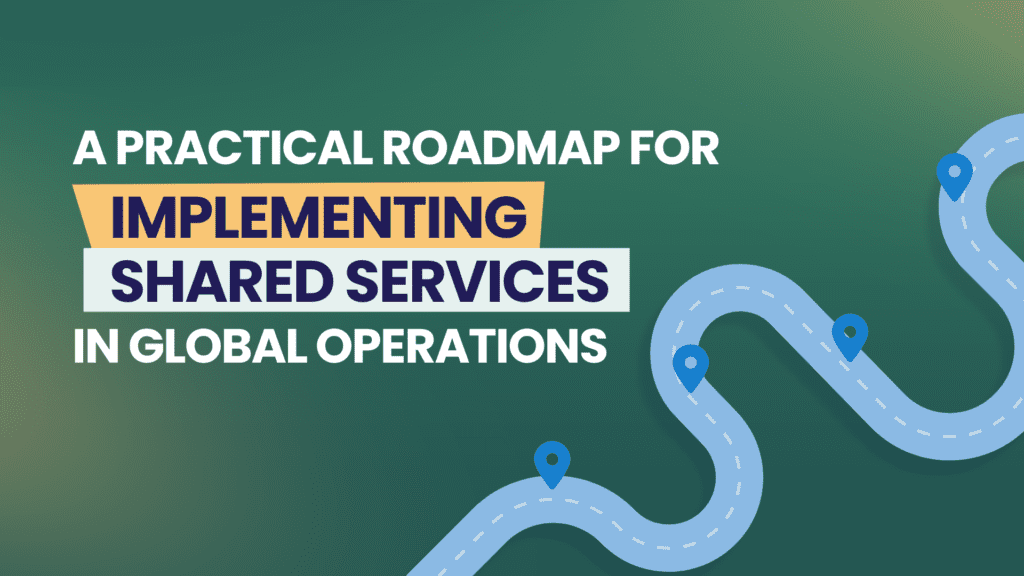10 Telltale Signs Your Finance Team Needs Better Cross-border Operations

Table of Contents
The finance team is the beating heart of any business. Money flows through them; and it’s essential that the finance team stays as effective as possible and constantly pushes to optimize and improve.
But scaling in your domestic market is challenging enough, but adding cross-border financial operations into the mix? Double or triple the pain. From multiple cumbersome banking relationships in multiple languages to FX fees and fluctuation whittling away the profit margin, and the admin headache of internationalizing your expense management, there’s a lot for the finance team to fix while also maintaining Business As Usual.
We spoke to the team at Airwallex, the global financial platform, and they shared with us the 10 telltale signs your finance team needs better cross-border operations:
1. You’re operating with multiple tabs open for multiple bank accounts
This is a common trait among finance teams. After all, if we have a home country bank account, it makes sense to find a French bank account when the CEO tells us we’re expanding to France… right? It might work for the first few markets, but it’s certainly not scalable. Managing all of those applications, T&Cs, and top-ups is an added complication you don’t need.
2. You bill everyone in dollars
The way you handle payments says a lot about your customer experience. You might simply think it’s easier to only operate in one currency. What we do know is it can undermine a customer’s confidence in their vendor if they have to fork up an FX fee to pay for your service. The same also goes for paying suppliers and staff in your home currency – it builds the relationship if you can make it easy and pay in the local currency.
3. You have suppliers complaining about missing or late payments (because of SWIFT)
SWIFT payments were instrumental in creating standard financial messaging around the world in the later twentieth century – they’re not going anywhere, in much the same way that Slack won’t replace postcards. There are multiple challenges with SWIFT: You’re prone to FX fluctuations which means it’s not guaranteed how much the recipient will get. And that’s before talking about the 2 – 5 days the transaction is in transit.
4. You’re not sure how much they’re paying for payments
1%, 2%, 3.5%… I just need to make this time-sensitive payment! Bank charges (for the privilege of making the payment) and conversion fees (the amount charged to convert the currency) all add up and it’s not always easily accessible. The worst case scenario is you’re being charged to collect and convert into your own currency and charged again to convert it to another currency (perhaps even the one you collected in the first place!) to pay a supplier; it’s called the conversion trap.
5. You don’t have clarity on who and how to approve
Pre-approval, line approval, department approval, sign off, approval-to-pay… At best you’re using the generic approval flows within your accounting software. At worst, it’s an email approval. It becomes problematic when you try to scale approval flows as you add more geographies.
6. You set the company card PIN to 1234 (and only have one company card)
This one is self-explanatory. Managing one company card might be an easy solution to get started but i It’s not scalable and open to abuse.
7. You’re an overspending company
Payment-happy companies are a nightmare for the finance team who treat company cards like an all-you-can-eat buffet. It’s difficult to track card balances and who’s spending, let alone get the approvals in place before employees spend. Tracking down countless invoices and receipts is not what you want to be doing at month’s end.
8. You’re up at 1AM sorting a declined prepaid card for a stranded employee on a business trip
There’s nothing worse than the text in the early hours from the director who’s had their company card blocked when trying to check into a hotel. It kept happening to the Managing Director of Perspective Pictures while out working in Los Angeles and he calculated he spent 20 hours on hold to his high street bank at 1AM over the course of a month.
9. You’re suffering from tool sprawl
Each time you spy an opportunity to make a business process more efficient, It’s easy to implement a best-of-breed point solution, especially if you’ve just raised funds. But those solutions can mount up. Introducing: Tool sprawl. A patchwork of solutions that can create inefficiencies and unnecessary costs, especially if you have high staff attrition and a quick product roadmap. And that’s before considering the impact on employee training and new starter efficiency. It pays to find a solution that can do as many functions as possible.
10. You have to fly a director to the new market to sign up for the new company account
A new market means a new business account. And a new business account means an in-person signature from a company director. Not anymore.
If you’re experiencing any of the 10 telltale signs that your finance team needs improved cross-border operations, Airwallex has a range of solutions to address your challenges.
Visit: https://www.airwallex.com/uk/grow-cfo
The article was originally published on the Airwallex blog.






Responses